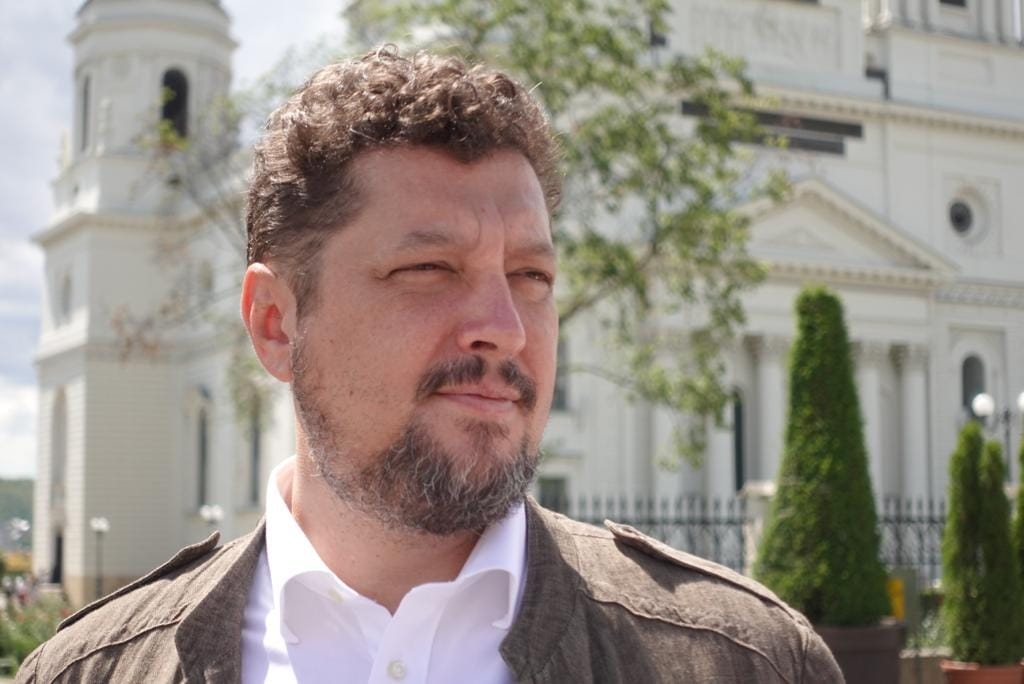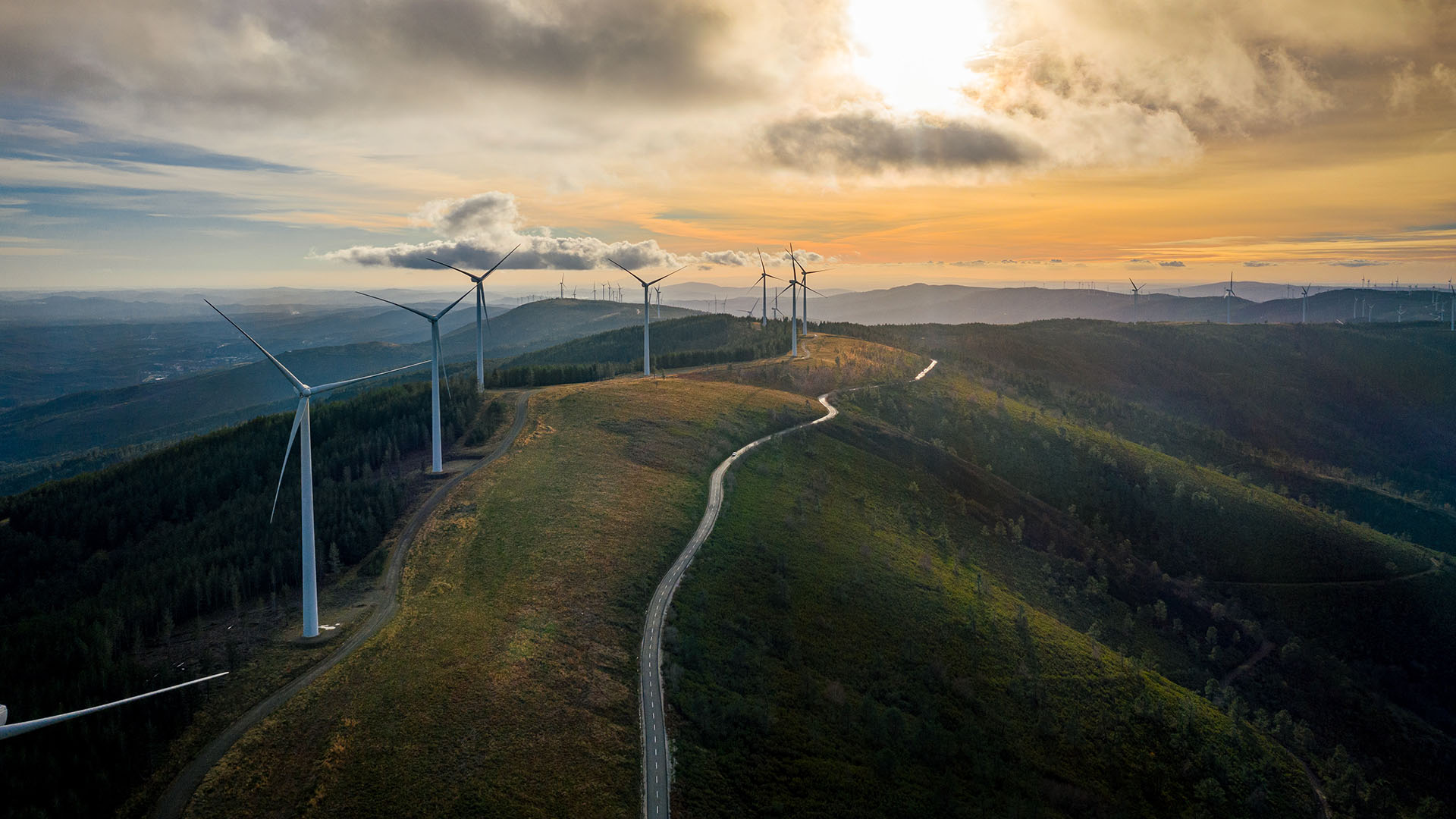Despite the rise of TikTok and discussions about “freer” platforms such as MeWe or Telegram, Facebook remains the main platform for political debates in Romania. Facebook is also the platform for initiating radicalization. Radical channels on Facebook work to attract people with moderate opinions or those who are not politically socialized online, radicalize them, and then try to transfer them to other platforms.
In this – apparently favourable – environment, Diana Șoșoacă, far-right MP and outspoken Kremlin supporter, has experienced a spectacular drop in audience, from 22 million monthly views to mere thousands in just a few months.







